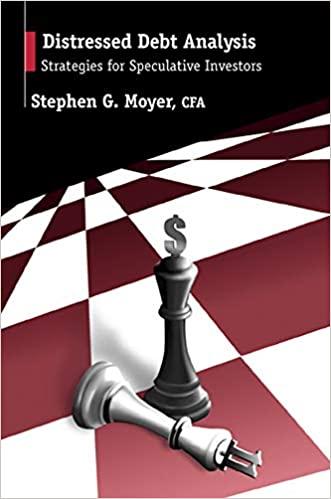Question
Adam got a signing bonus for his new engineering job and bought a 2002 Porsche 911 Turbo with low miles for $45,000. Adam spent $5000
Adam got a signing bonus for his new engineering job and bought a 2002 Porsche 911 Turbo with low miles for $45,000. Adam spent $5000 on aftermarket parts, for $50,000 total initial cost. Adams modifications decreased the market value to $40,000. Adam plans to drive it to work every day and the added mileage depreciates the value $250 per year ($40k market value in year one, $39,750 in year two, etc.). Maintenance costs will start out as $500 in year one and increase $250 per year. Adam plans to drive this car until it becomes more economical to buy a similar replacement. Based on a 10-year replacement analysis and MARR=8%, at the end of which year should Adam replace this car? For this problem, you may assume inflation = 0% and Actual$=Real$.
Adam got a signing bonus for his new engineering job and bought a 2002 Porsche 911 Turbo with low miles for $45,000. Adam spent $5000 on aftermarket parts, for $50,000 total initial cost. Adams modifications decreased the market value to $40,000. Adam plans to drive it to work every day and the added mileage depreciates the value $250 per year ($40k market value in year one, $39,750 in year two, etc.). Maintenance costs will start out as $500 in year one and increase $250 per year. Adam plans to drive this car until it becomes more economical to buy a similar replacement. Based on a 10-year replacement analysis and MARR=8%, at the end of which year should Adam replace this car? For this problem, you may assume inflation = 0% and Actual$=Real$.
A.1
B.2
C.3
D.4
E.5
F.6
G.7
H.8
I.9
J.10
Step by Step Solution
There are 3 Steps involved in it
Step: 1

Get Instant Access to Expert-Tailored Solutions
See step-by-step solutions with expert insights and AI powered tools for academic success
Step: 2

Step: 3

Ace Your Homework with AI
Get the answers you need in no time with our AI-driven, step-by-step assistance
Get Started


